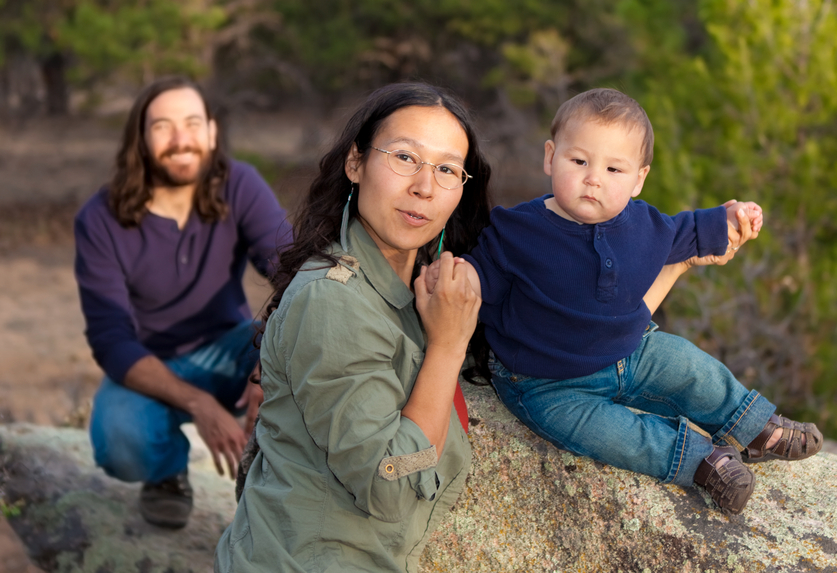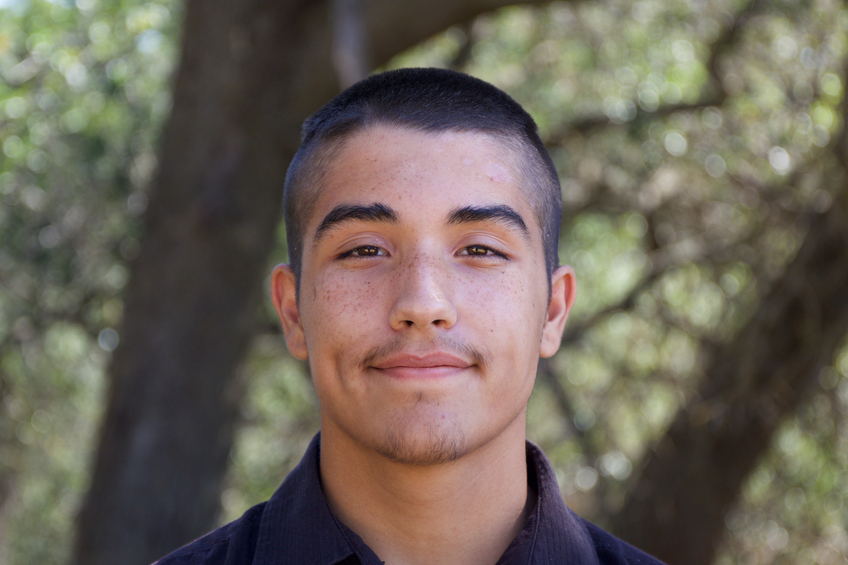
“When I was six years old I was snatched from my home and sent to Residential School in Marieval, Saskatchewan,” recalls Robert Kakakaway. “I went from a warm and loving environment to a lonely cold world where I was called a Pagan and a Heathen. The nuns slapped us and pulled our ears. No one treated us with kindness. When I left, I was sent to a series of foster homes. I was angry and I used alcohol to soothe my pain.” (Rhodes Wellness College, 2016)
His story is sadly all too common for First Nations, Métis, and Inuit people in Canada, who have endured centuries of systematic abuse and discrimination. Fortunately, a visit to Rhodes Wellness College in 1996 helped Robert come to terms with his past. He returned to study at Rhodes years later and developed “An Aboriginal Way of Life” counselling sessions “to deal with these dysfunctional behaviours while introducing balance and harmony to students who want to learn about the traditional teachings of Turtle Island.” (Kakakaway & Associates)
If you too are passionate about helping people in First Nations, Métis, and Inuit communities on the road to recovery, addiction counsellor training may be an ideal career path.
Understanding Substance Abuse Issues with Addictions Counsellor Training
A misguided governmental policy of “aggressive assimilation” saw an estimated 150,000 First Nations, Métis, and Inuit children forcibly removed from their communities over the course of several decades where they lived in substandard conditions, endured physical and emotional abuse, and had their culture, language, and dignity stolen away. (CBC News, 2016) The last residential school closed only in 1996, but the traumatic experiences have passed through generations and communities. (CBC News, 2016)

Canada’s young First Nations, Métis, and Inuit people are particularly vulnerable to substance abuse
There are more than 1 million people of First Nations, Métis, and Inuit ancestry in Canada today, many of whom live in communities with insufficient health care and inordinate rates of poverty and violence. (Kirmayer, Macdonald, & Brass, 2001) While First Nations, Métis, and Inuit people are less likely to drink alcohol than the general population, more than one-quarter have a substance abuse problem. (Khan, 2008) Youth are particularly vulnerable to alcohol-related problems and are also far more likely than the general population to suffer from sexual abuse, drug addiction, and suicide. (Kirmayer et al. 2001)
Prevention and Intervention with Addictions Counsellor Courses
Evidence suggests that the most effective addictions prevention and intervention counselling for First Nations, Métis, and Inuit people is rooted in their own traditional wisdom promoting a holistic approach to a healthy life. This stems from a profound belief in harmonious living with family, community and the natural environment, and that all aspects of well-being are equally important and interconnected. Stories of healing are “good medicine” that strengthen the mind, body, heart, and spirit.
Knowledge of First Nations, Métis, and Inuit history and experience within Canada’s dark colonial past and present is especially important when applying addictions counselling training in these communities. Some of the most powerful addictions intervention comes from inspiring survivors of the residential system and former addicts, who are living examples of hope. Kakakaway & Associates address the root causes of addiction, healing through traditional teachings during their addictions workshops. (Kakakaway & Associates)
At Rhodes Wellness College, students learn how to help clients break self-destructive cycles so they can take responsibility for themselves and improve the quality of their lives. With addictions counsellor courses, you can be certified as a life skills coach at treatment centres or other facilities. First Nations, Métis, and Inuit communities with addictions challenges have access to two programs funded by the Government of Canada—the National Native Alcohol and Drug Abuse Program (NNADAP) and the National Youth Solvent Abuse Program (NYSAP). (Government of Canada, 2015)
Would you like to make a difference in First Nations, Métis, and Inuit communities with addictions counsellor training?
Rhodes Wellness College provides you with the skills to help addicts break free from substance abuse and other problems.
Sources:
CBC News (2016). A history of residential schools in Canada. Retrieved from http://www.cbc.ca/news/canada/a-history-of-residential-schools-in-canada-1.702280
Government of Canada (2015). Funding Programs. Retrieved from http://healthycanadians.gc.ca/anti- drug-antidrogue/funding-financement/hc-sc-nysap-pnlasj-eng.php
Kakakaway & Associates. Kakakaway & Associates An Aboriginal Way of Life. Retrieved from http://www.kakakaway.com/
Khan, Saman (2008). Aboriginal Mental Health: The statistical reality. Retrieved from
http://www.heretohelp.bc.ca/visions/aboriginal-people-vol5/aboriginal-mental-health-the-
statistical-reality
Kirmayer, Laurence J., Macdonald, Mary Ellen & Brass, Gregory M. (Eds.) (2001). The Mental Health of Indigenous Peoples. Retrieved from https://www.mcgill.ca/tcpsych/files/tcpsych/Report10.pdf









